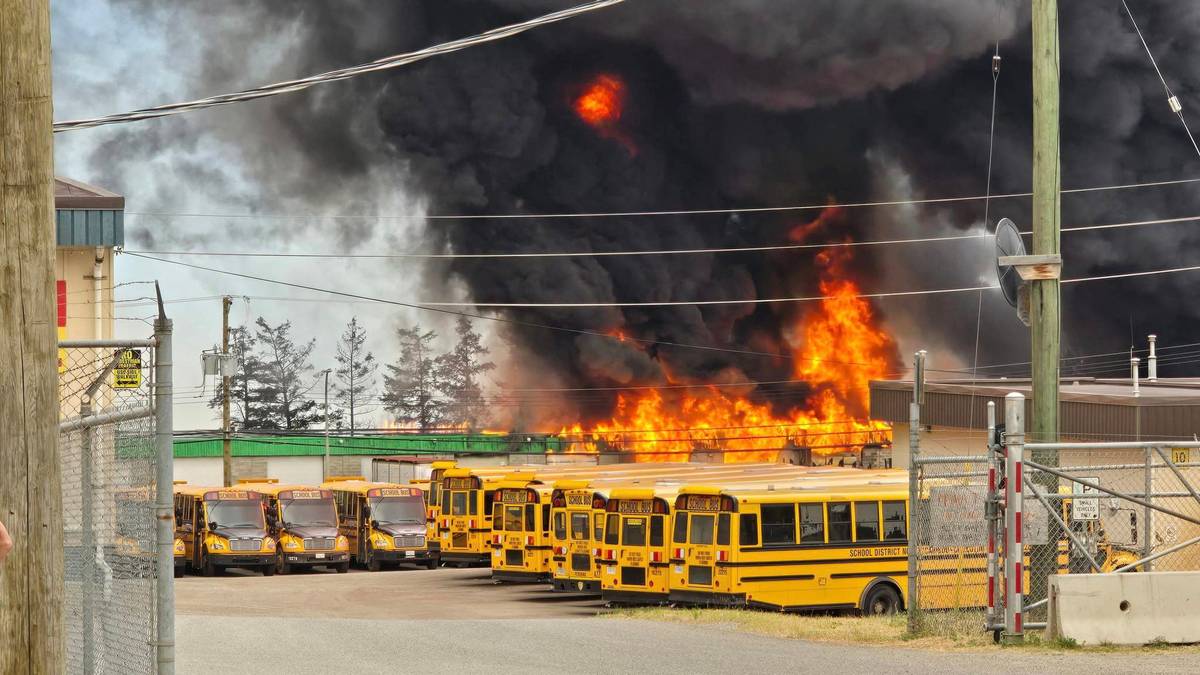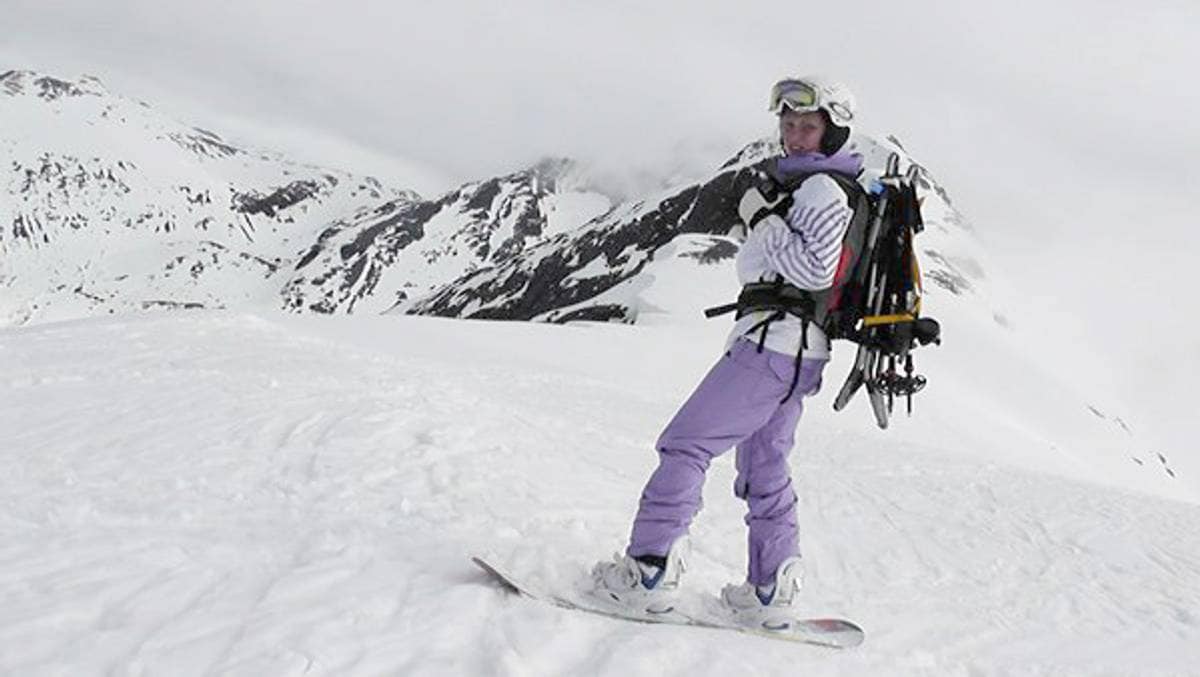– The Russian authorities seem to be stepping up their information campaigns on the alleged false flag operations.
He writes Institute for the Study of War (ISW) in his daily analysis of the situation in Ukraine.
Tankesmia believes the Kremlin’s aim with these accusations is to downplay the lack of progress on the battlefield, and at the same time slow down Western arms deliveries to Ukraine.
– The Russian Defense Ministry and its officials are likely to further intensify their involvement in such information operations, the analysis says.
They justify this by saying that they believe the ongoing Russian offensive in Luhansk county is nearing its climax and the possibilities of Ukrainian counter-offensives are increasing.
Alleged Coup: – Manipulation
Strong accusations
The Russians have repeatedly made false flag accusations over the past year.
They have already been seen by a number of experts as signs that Russia is planning an escalation of its own war in Ukraine.
The ISW points to the following Russian statements which they believe support their own assumptions:
February 28: The Russian Defense Ministry has accused the West of planning a provocation in Ukraine, using “toxic chemicals”.
February 23: The Russian Defense Ministry has claimed that the Ukrainians are planning an armed invasion of Russian-occupied Transnistria into Moldova in the “near future”.
February 19: The Russian Defense Ministry claimed the Ukrainians were planning a false flag attack on dangerous radiation facilities in Ukraine, then blamed it on Russia.
Analysts also point out that President Vladimir Putin has once again shaken his nuclear sabers, after deciding last week to suspend Russia’s participation in the “New Start” nuclear weapons deal.
In a pre-recorded speech, broadcast on Thursday last week, he announced that in the future the country will focus more on the country’s nuclear forces and increase the production of hypersonic missiles.
– May have given the Russians leeway
Russian attempts to influence decisions about Western arms supplies have become particularly evident around decisions to supply tanks.
This is the opinion of Palle Ydstebø, Lieutenant Colonel of the Norwegian Armed Forces and Director of the Land Power Section at the Norwegian Military Academy.
– This may have given the Russians leeway, considering that Ukraine would have had better combat power if it had received Western weapons sooner. There are arguments that Poland and the Baltic countries have clearly come up against, he recently told Dagbladet.
– Could Western reluctance to send tanks be due to pressure on Russia?
– We cannot ignore it, since there have been both negotiations, pressures and discussions here in the West. Ukraine has requested all the weapons it has received since last year at the end of winter, Ydstebø replied.
– It’s hard to analyze this until the dust has settled.

“Hardcore coffee specialist. Unable to type with boxing gloves on. Devoted internetaholic.”






